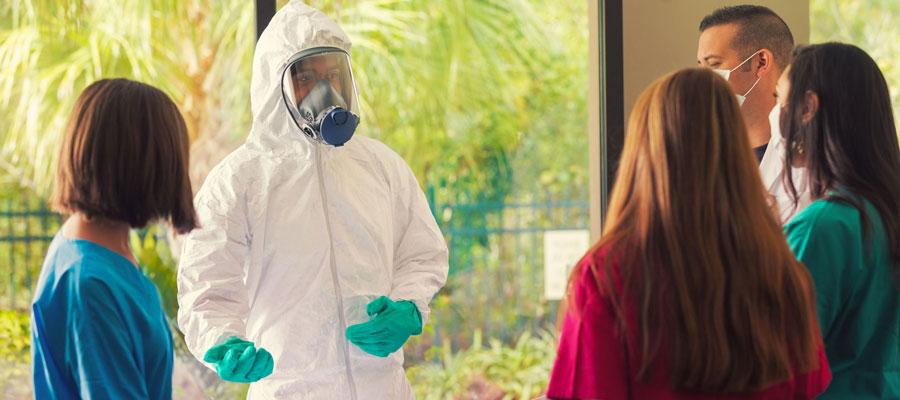President signs bill to reauthorize preparedness programs

President Trump yesterday signed the Pandemic and All-Hazards Preparedness and Advancing Innovation Act (S. 1379), which cleared Congress earlier this month. The legislation includes AHA-supported provisions that reauthorize the Hospital Preparedness Program at an increased amount; reserve a percentage of HPP funds to develop regional health care emergency preparedness and response systems; formally keep the HPP and Public Health Emergency Preparedness Program separate under their respective agencies; and change financing and uses for the Public Health Emergency Fund. PAHPAI also authorizes several national advisory committees and the Biomedical Advanced Research and Development Authority, and clarifies state liability law for volunteer health care professionals. For more on the act’s provisions, see today’s ASPR Blog post by Robert Kadlec, M.D., assistant secretary for preparedness and response at the Department of Health and Human Services.

